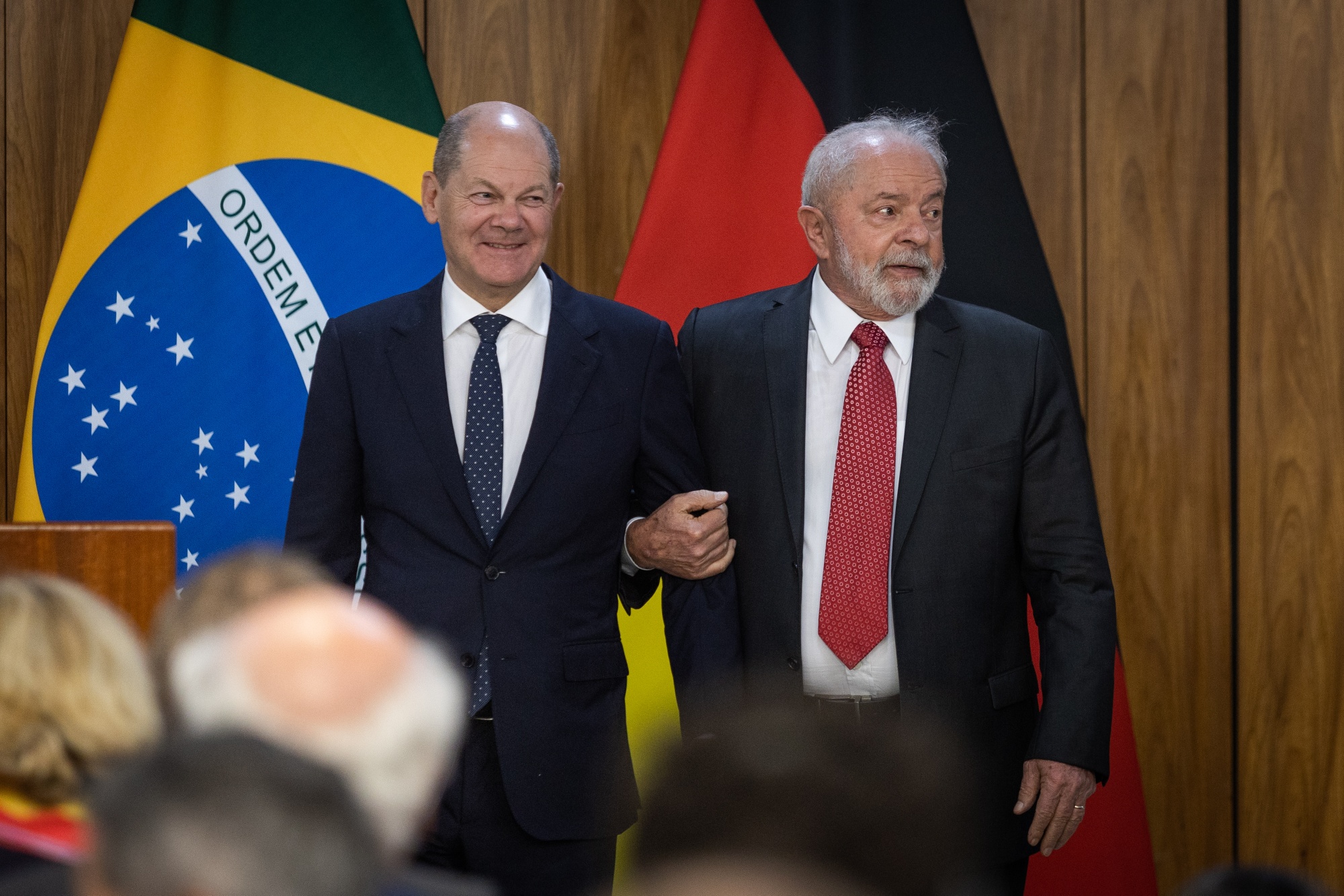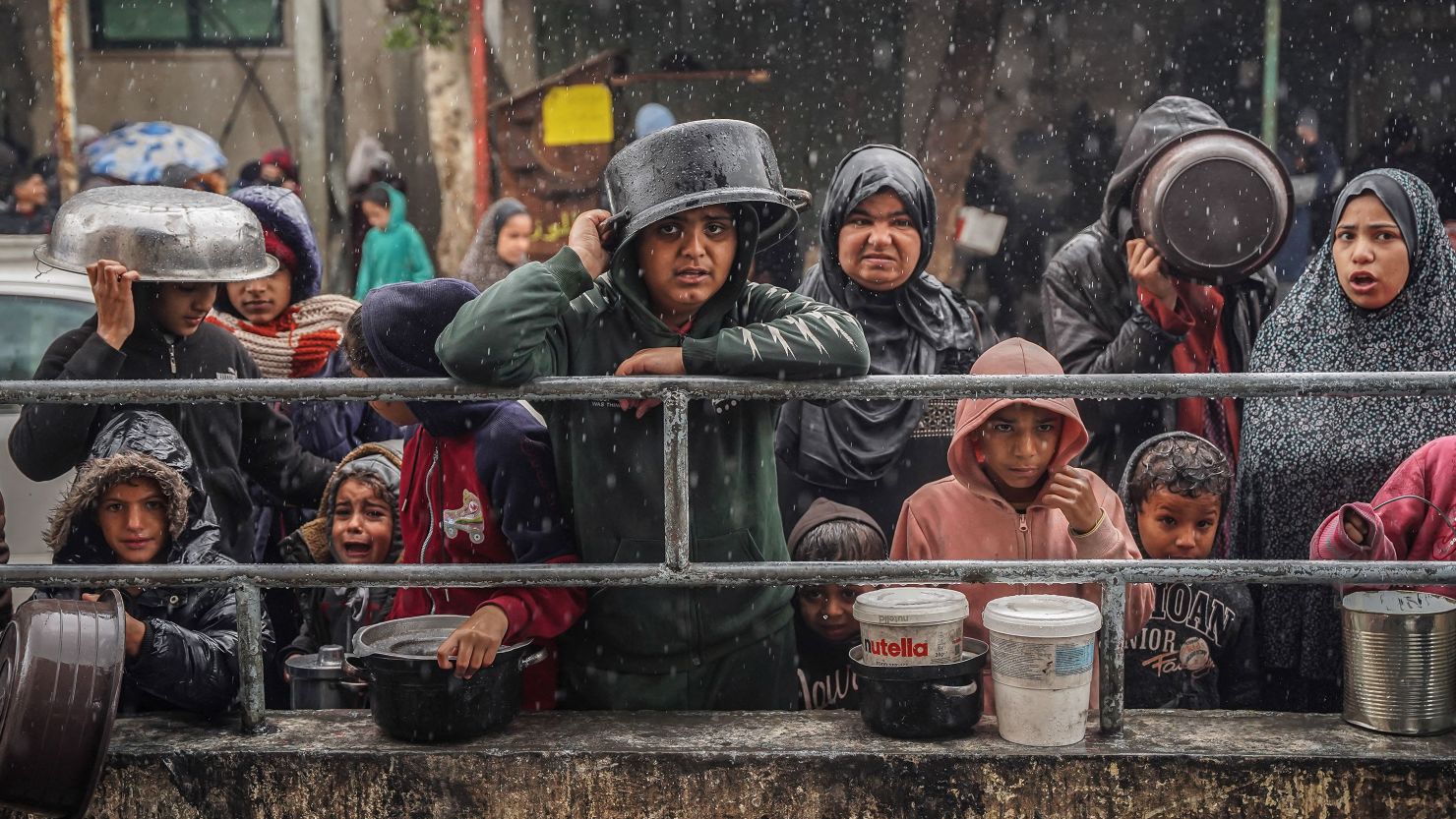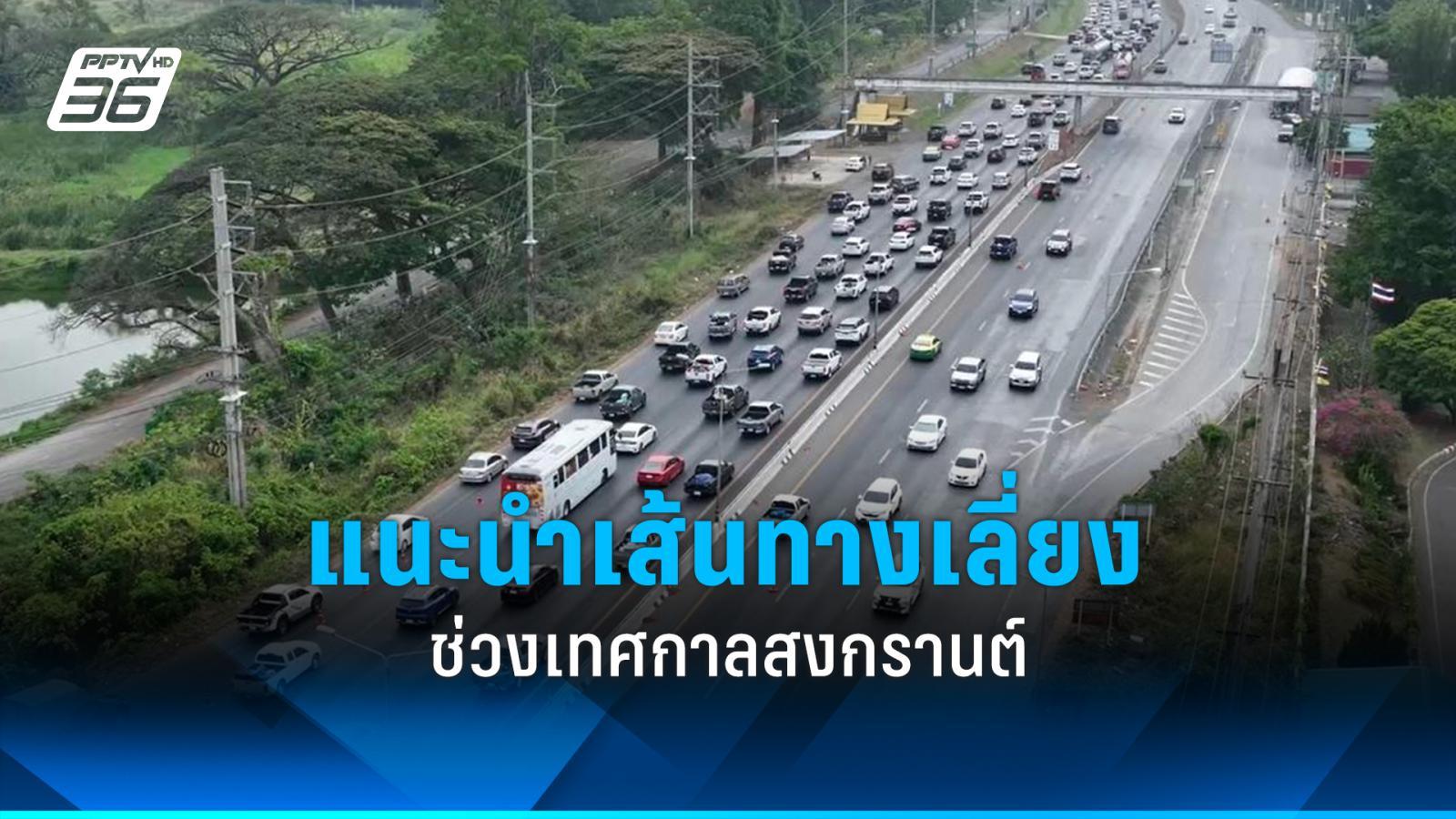Can Lula Bring Putin And Zelenskyy To The Negotiation Table In Istanbul?

Table of Contents
Lula's Diplomatic Initiatives and Their Potential Impact
Lula's long career in Brazilian politics, marked by a pragmatic approach to international relations, has positioned him uniquely to navigate the complexities of the Russo-Ukrainian war. His previous successes in mediating regional conflicts, combined with his strong relationships across the globe, suggest a potential for impact in this high-stakes situation.
- Key Meetings: Lula's meetings with Putin and Zelenskyy, though differing in tone and context, have been significant. His conversations with Putin focused on the need for a peaceful resolution and the potential for a negotiated settlement, emphasizing Brazil's neutrality. Meetings with Zelenskyy highlighted the importance of respecting Ukraine's sovereignty and territorial integrity while exploring pathways to de-escalation.
- Strategic Goals: Lula's stated goal is to facilitate dialogue, not to impose solutions. His strategy appears to involve fostering mutual understanding and identifying common ground, even amidst stark differences. He has publicly reiterated his commitment to finding a peaceful resolution, emphasizing the humanitarian cost of the ongoing conflict.
- Leverage Points: Lula's leverage stems from Brazil's position as a significant global player, its strong ties with both Russia and Western powers, and its capacity to offer a neutral platform for dialogue. His ability to communicate effectively with both sides, understanding their perspectives and concerns, presents a significant advantage.
Challenges to Achieving Negotiations in Istanbul
The path to peace between Russia and Ukraine is fraught with obstacles. Achieving negotiations in Istanbul, or anywhere, requires overcoming deep-seated distrust and navigating complex geopolitical realities.
Mutual Distrust and Deep-Seated Grievances
- Historical Context: The conflict is rooted in a long history of tensions between Russia and Ukraine, exacerbated by Russia's annexation of Crimea in 2014 and the ongoing war in Donbas. This history fuels deep mistrust and resentment, hindering any easy path to reconciliation.
- Sticking Points: Key sticking points include territorial disputes, war crimes allegations, and the future status of Crimea and Donbas. The profound differences in perspectives and demands make reaching compromises incredibly difficult.
- Differing Narratives: Both sides maintain drastically different narratives of the conflict, making even the framing of potential negotiation topics a significant hurdle. Reconciling these narratives is a necessary first step, albeit a formidable one.
International Pressure and Geopolitical Considerations
- External Influences: NATO, the EU, and the US exert significant influence on the conflict, providing military and financial support to Ukraine. This external involvement complicates the negotiation process, as it introduces multiple layers of interest and potential veto power.
- Sanctions and Aid: Sanctions imposed on Russia and the provision of military aid to Ukraine create powerful incentives that may impede compromise from either side. The ongoing conflict fuels a cycle of escalation that makes reaching a sustainable agreement challenging.
- International Organizations: International organizations like the UN have a role to play in fostering peace talks, but their effectiveness is limited by the deep divisions among member states.
Potential for Success and the Role of Istanbul
Despite the numerous challenges, there is still potential for success. Istanbul, as a venue, offers some advantages, and incremental steps towards de-escalation could pave the way for broader negotiations.
Istanbul's Strategic Significance
- Geographic Location and Neutrality: Istanbul's geographic location, bridging Europe and Asia, makes it a relatively neutral location, potentially fostering a sense of impartiality and encouraging participation.
- History of International Talks: Istanbul has a history of hosting significant international talks and summits, providing a proven infrastructure and a degree of familiarity with the complexities of high-level negotiations.
- Logistical and Security Considerations: While security concerns must be addressed, Istanbul possesses the infrastructure and resources to manage a high-profile international event, including the logistical aspects of bringing together numerous delegations and ensuring their safety.
Identifying Potential Breakthroughs
- Compromise Solutions: Possible compromise solutions might involve phased withdrawals of troops, demilitarized zones, or referendums on contested territories. The exact nature of any compromise would require extensive negotiations and concessions from both sides.
- Incremental Steps: Focusing on smaller, achievable steps—such as prisoner exchanges or humanitarian corridors—could build trust and create momentum for more comprehensive negotiations. Small wins could help to create the atmosphere for larger agreements.
- Confidence-Building Measures: Confidence-building measures, such as the establishment of communication channels and joint monitoring mechanisms, could contribute to de-escalation and lay the groundwork for substantive discussions.
Conclusion
Lula's initiative to bring Putin and Zelenskyy together in Istanbul presents a significant, though uncertain, opportunity for peace. While the challenges are immense, the potential benefits—reduced conflict, humanitarian relief, and a renewed hope for regional stability—are equally substantial. The success of Lula's peace initiative hinges on overcoming mutual distrust, navigating complex geopolitical considerations, and finding common ground between two deeply entrenched adversaries. Closely following the developments in Istanbul and continuing to advocate for peaceful resolution of the conflict in Ukraine is crucial. The question of whether Lula can truly bring Putin and Zelenskyy to the negotiation table in Istanbul remains unanswered, demanding our continued attention and engagement. Let's continue to monitor the situation and advocate for a peaceful resolution to the conflict in Ukraine.

Featured Posts
-
 First Nations Writer Loses 15 000 Fellowship After Gaza Post Controversy
May 29, 2025
First Nations Writer Loses 15 000 Fellowship After Gaza Post Controversy
May 29, 2025 -
 Cafu Names His Key Real Madrid Player Mbappe And Vinicius Left Out
May 29, 2025
Cafu Names His Key Real Madrid Player Mbappe And Vinicius Left Out
May 29, 2025 -
 Info Cuaca Jawa Tengah 24 April Hujan Sore Persiapkan Diri Anda
May 29, 2025
Info Cuaca Jawa Tengah 24 April Hujan Sore Persiapkan Diri Anda
May 29, 2025 -
 Avoid French Traffic Jams This Weekend Best Routes
May 29, 2025
Avoid French Traffic Jams This Weekend Best Routes
May 29, 2025 -
 Covid 19 Vaccines A Potential Shield Against Long Covid
May 29, 2025
Covid 19 Vaccines A Potential Shield Against Long Covid
May 29, 2025
